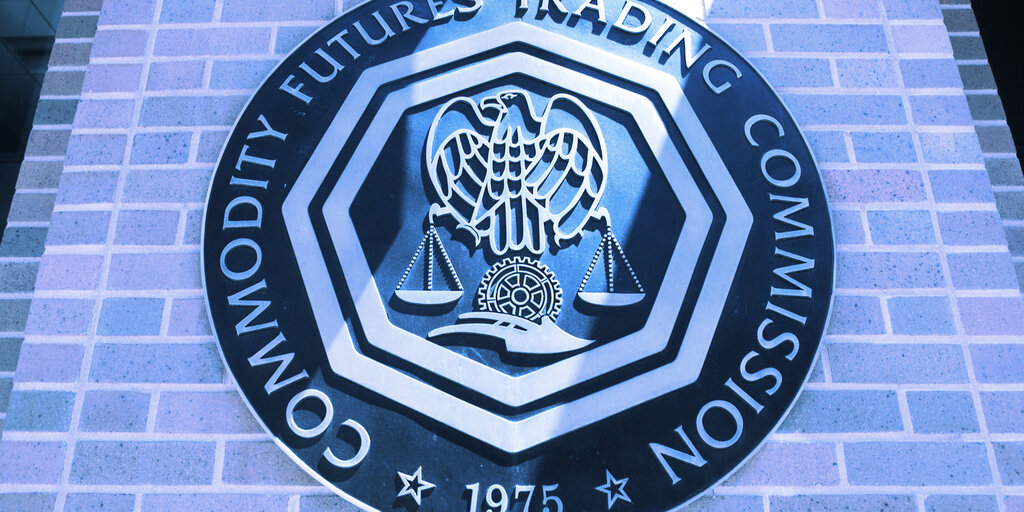CFTC and SEC Are Vying for Crypto Regulation Control

Mere days after a Bloomberg report suggested the Treasury Department was set to give the Securities and Exchange Commission the bulk of the responsibility over regulating stablecoins, its sister agency is making a play to be “the primary cop on the beat” for the whole crypto sector.
Rostin Behnam, acting chair of the Commodity Futures Trading Commission and President Biden’s nominee to officially take over, requested that the Senate Committee on Agriculture, Nutrition and Forestry give the CFTC more statutory power to regulate the digital asset sector.
Appearing before the committee as part of his confirmation hearing, Behnam said that the agency’s recent enforcement actions against derivatives exchange BitMEX and stablecoin issuer Tether prove the agency has what it takes. However, he added, “this is the tip of the iceberg” given the now $2.6 trillion crypto market cap, most of which he classified as commodities—raw or basic goods that can be traded on exchanges.
“I think it’s important for this committee to…consider expanding authority for the CFTC,” Behnam told Committee Chair Debbie Stabenow. While he acknowledged that “this would certainly be a departure from our historical role as a derivatives regulator,” he pointed to the rapid growth of the sector and potential risks to both investors and financial stability.
“I think it’s critically important to have a primary cop on the beat,” Behnam concluded. “And certainly the CFTC is prepared to do that, if this committee so wishes.” The Senate agriculture committee has jurisdiction over the CFTC.
On Monday, Bloomberg reported that SEC Chair Gary Gensler has lobbied the Treasury Department and the President’s Working Group on Financial Markets, which he sits on along with Behnam and Federal Reserve Chair Jerome Powell, for more authority over stablecoins, digital assets pegged to fiat currencies. According to the article, Gensler sought “to clarify the SEC has existing power to oversee tokens when they’re involved in investment transactions.” It went on to say that the Treasury Department was prepared to let the SEC take the lead on the $32 billion stablecoin market, with the CFTC also playing a role.
Historically, the SEC and the CFTC have been the primary regulatory players in the digital asset space, with both filling overlapping roles. The SEC is responsible for regulating the trading of securities—assets that change hands with the expectation of future profits. But after refusing to classify either Bitcoin or Ethereum, the two largest crypto assets by market cap, as securities, much of the crypto space is in a regulatory deadzone.
The CFTC has referred to Bitcoin as a commodity since 2015, but that doesn’t actually mean it has the power to regulate the cryptocurrency. This August, CFTC Commissioner Dawn DeBerry Stump clarified that the agency isn’t charged with regulating commodities‚ but with regulating derivatives based on those commodities, such as Bitcoin futures.
“For a number of years, the CFTC has aggressively used its broader enforcement authority to deter manipulation and fraud involving cash digital assets, even though the CFTC does not regulate them,” Stump wrote.
That’s a point that Behnam touched on today. “We’ve been one of the few cops on the beat because of limited statutory authority related to anti-fraud and anti-manipulation,” he said.
Now, he wants Congress to add some weapons to the CFTC’s arsenal.
27 October 2021 19:05